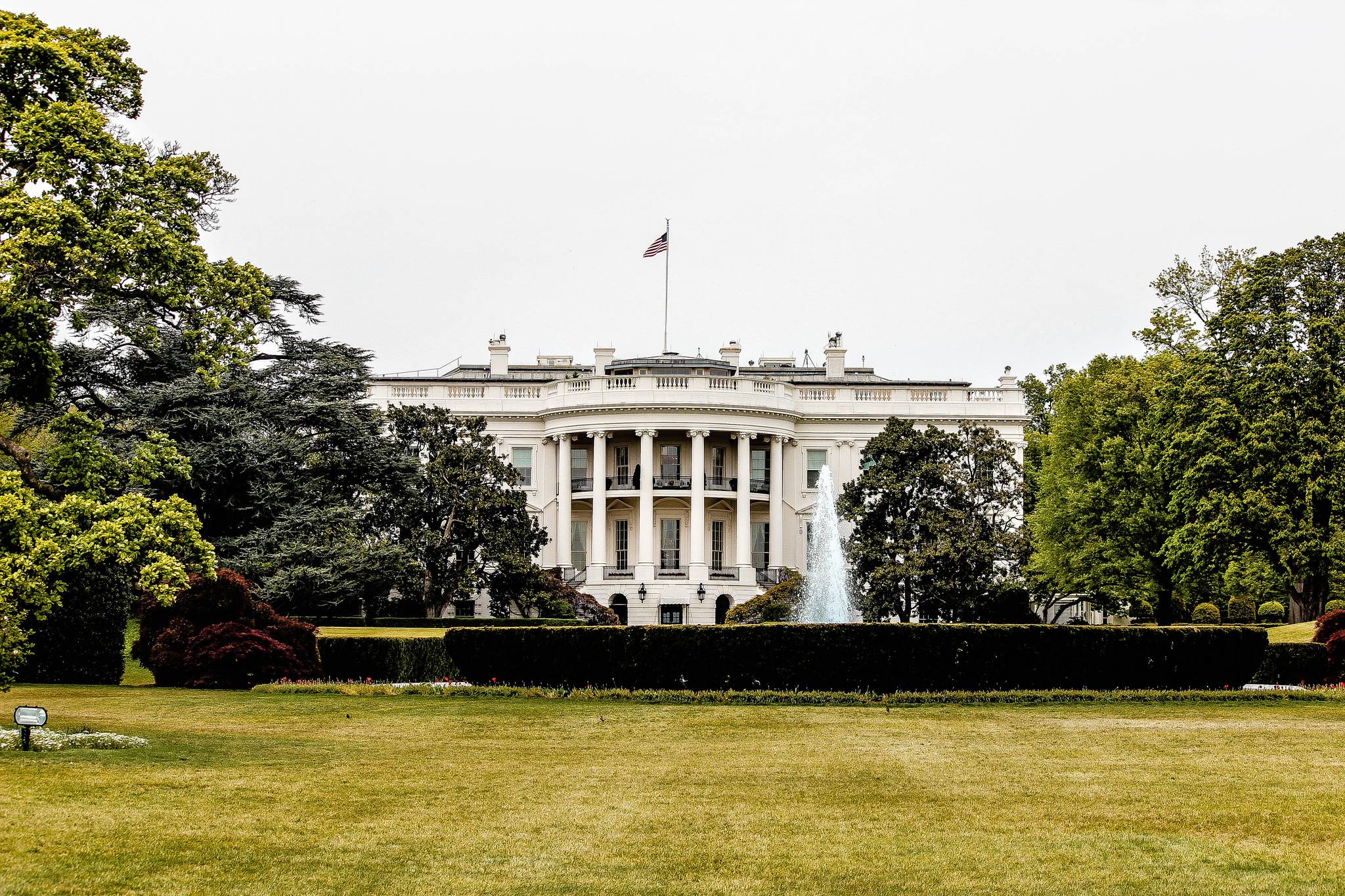The waning days of 1999 saw many Americans stocking up on canned foods, bottled water and batteries. Sales of guns and small portable generators were up. But the precautions taken by government and business leaders to prevent the Y2K societal shutdown ensured it never happened.
The COVID-19 health emergency we face today dwarfs the Y2K scare. But its lessons apply even more.
For those too young to remember, Y2K was an acronym for the year 2000. The concern was that because standard computer software of that era couldn’t accept four-digit years, infrastructure across the world could be instantly disrupted at midnight on 12-31-99. Electrical power grids could fail. Automated air traffic control systems, traffic lights and elevators could malfunction. Millions of credit cards might stop working.
“Every business, of every size, with eyes wide open, must face the future and act” President Bill Clinton warned more than a year before that fateful day. The federal government spent $8.3 billion to fix the problem. For American businesses, the bill exceeded $100 billion.
However, the absence of dramatic system-wide failures leaves us unsure about how bad the situation would have been had government and business leaders not been proactive.
Our response to COVID-19 presents the same uncertain outcome in starker terms. Would it be better to look back and wonder if we hurt the economy by overreacting? Or realize after counting the dead that we revived the economy too soon?
President Donald Trump first hinted that Americans lack the will to remain at home and out of work in order to slow the spread of the disease. “WE CANNOT LET THE CURE BE WORSE THAN THE PROBLEM ITSELF” he emphatically tweeted last Sunday.
“We’re opening up this incredible country,” he said the next day. “Because we have to do that. I would love to have it open by Easter.” Later he argued that if the economy stays down too long, suicides from anxiety and depression will “be in far greater numbers than the numbers” of deaths caused by the virus.
During his press conference on Monday, Gov. Mike Dunleavy didn’t make such unfounded sensationalist claims. But he followed Trump’s cue by waffling about how long the emergency health orders he issued will remain in place.
Alaskans, he said “aren’t going to be able put things on hold forever. And sooner than later we’re going to have to get back into living… working … the lifestyle we’ve known our entire lives.” Then, sounding like Trump, he told us we can get through this by pulling together during “the next couple of weeks.” The context of that short timeframe was explained by the concern that our current response could send our economy into a recession or depression if we’re not careful.
That’s not consistent with his message after declaring a state of emergency. Then, without a reference to duration, he called on us to “approach this challenge as we’ve always done — with determination, ingenuity and compassion for our neighbors.” And told us “Alaskans handle adversity better than any other state.”
“Future generations will demand an answer from each of us,” Dunleavy wrote a week later in a message published across the state. “Did we change our habits to protect the vulnerable? Did we make sure our elderly neighbors had everything they needed?”
He spoke of the Americans from other generations who faced “problems of enormous weight” by giving “of themselves, sacrificing much to sustain this great American experiment.” And praised the volunteers and grocery clerks working across the state to keep “Alaskans fed and healthy.”
The sacrifice he failed to mention was enduring the personal financial hardship caused by staying home from work to help reduce how fast and far the disease will spread.
Instead, we heard him imply that Alaskans aren’t willing to sacrifice for very long. And that we ought to fear the possibility that taking extreme measures to protect the health of others could severely harm our economy.
Not knowing when we’ll be able to resume our normal lives, and whether all our loved ones will be with us when we do, is the greatest uncertainty most of us have ever faced. We need leadership that inspires us to accept that reality without doubting our ability to endure it and rebuild our economy in the aftermath.
• Rich Moniak is a Juneau resident and retired civil engineer with more than 25 years of experience working in the public sector. Columns, My Turns and Letters to the Editor represent the view of the author, not the view of the Juneau Empire.

